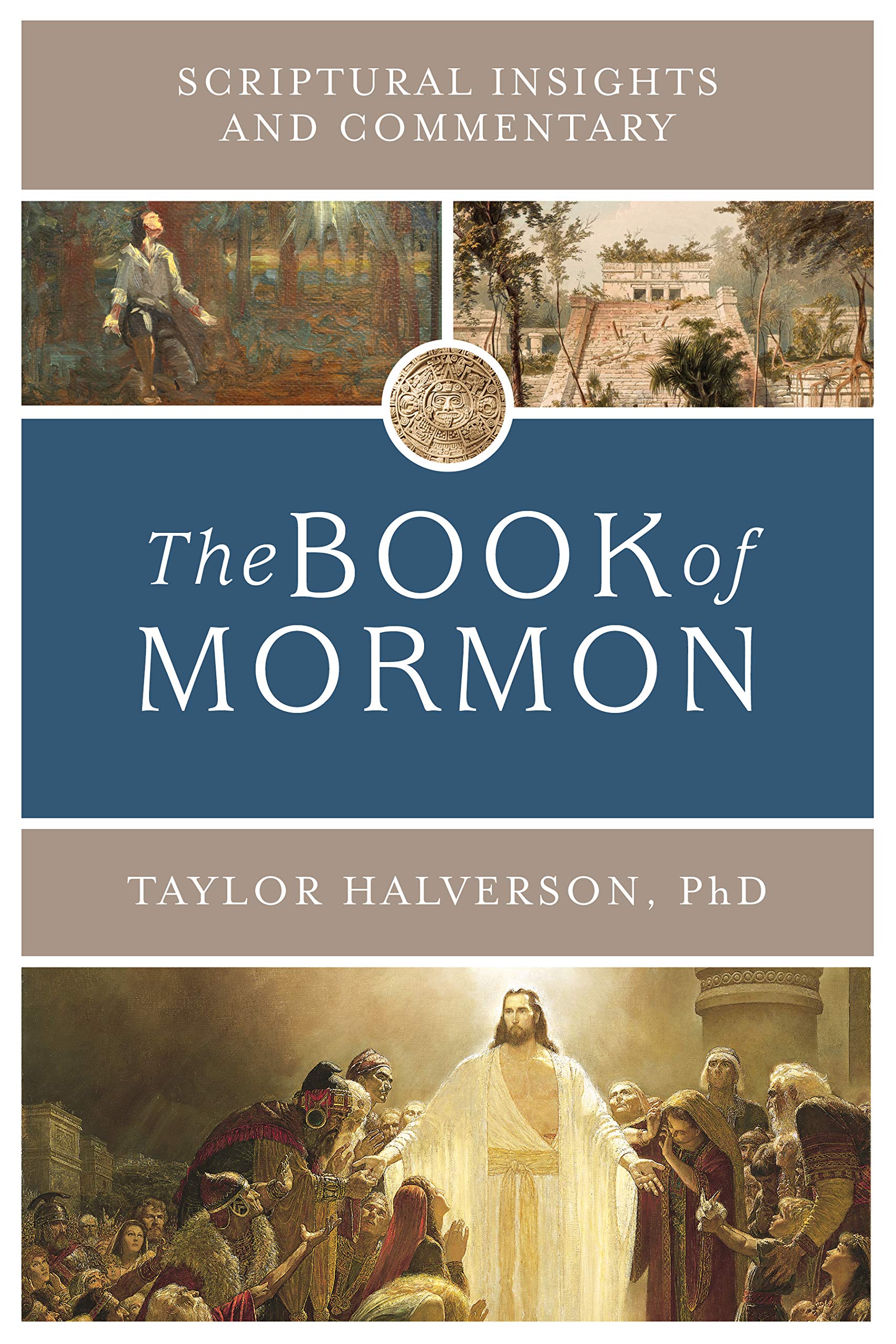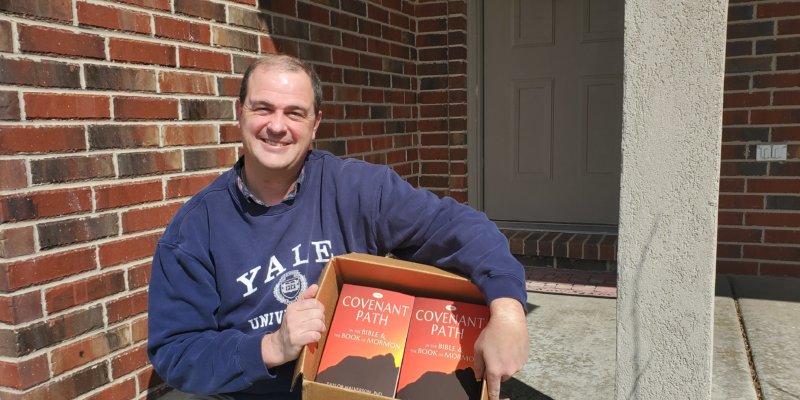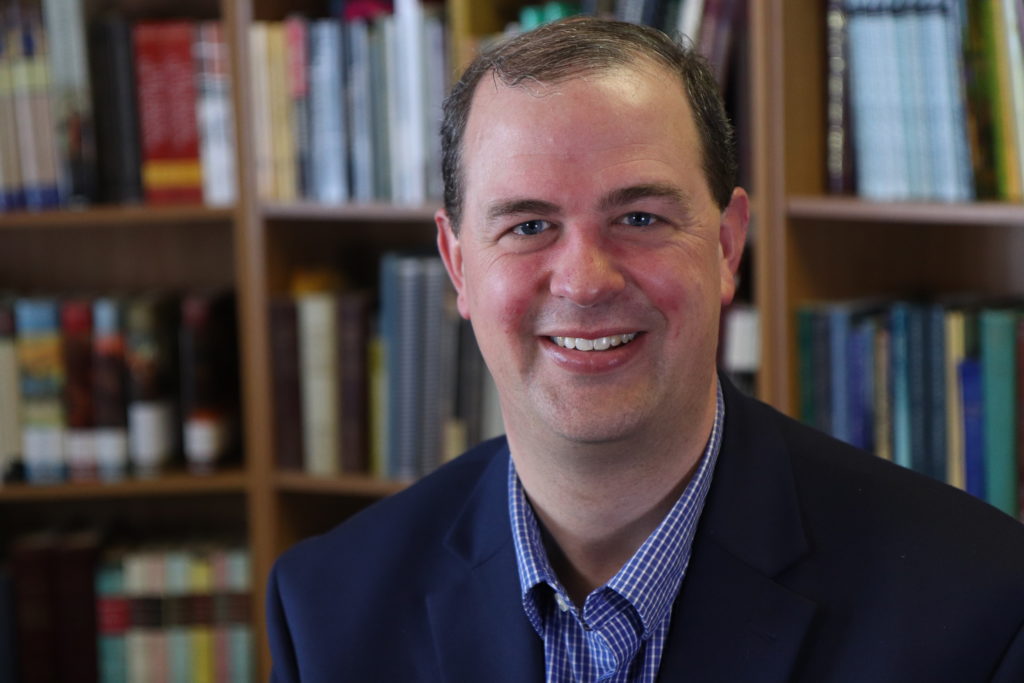The ward at Corinth was a mixed ward. Corinth was an international city. Prosperous. Urbane. Diverse. Religiously mixed. Extremes of wealth and poverty existed side-by-side with extremes of educational attainment and regular life experience.
From afar, Paul labored through persuasive writing to keep the Corinthian ward unified, intact, and moving forward in faith and faithfulness.
Paul addressed many needs that the ward at Corinth struggled with: Pride, idolatry, suffering, false teachers, sinfulness, generosity.
I’ll talk briefly about the refining power of generosity, taking my cues from Paul’s words in 2 Corinthians 9:6-15.
Generosity Brings Forth the Blessings of Heaven
Across human history much of humanity has embraced a fixed-pie mentality. This mindset believes things like “there is a fixed and limited amount of resources and opportunities” and “if someone else gains, I must lose.”
These false ideas lead to destructive competition, pride, anger, coveting, and wanton abandonment of virtue and love.
Modern scholars have noted that the rate of human violence has been steadily decreasing. In fact, the 20th and 21st centuries were the least violent times in all of human history, on a per capita basis. (See Steven Pinker, The Better Angels of Our Nature: Why Violence Has Declined and Noah Yuval Harari Sapiens: A Brief History of Humankind.)
Why?
Generosity and the abundance mindset.
When we embrace an abundance mindset, we turn to collaboration with others. When we are generous with our time, talents, and resources, everyone prospers. Everyone benefits.
In fact, the world economy has expanded and multiplied many times over the past several centuries to the point that billions of people the world over live lives that the rich of centuries past could have only dreamed of.
Even in the short span of forty years, China’s embrace of capitalistic markets has lifted more than 500 million people out of poverty.
Paul was right when he said,
“Remember this: Whoever sows sparingly will also reap sparingly, and whoever sows generously will also reap generously….Now he who supplies seed to the sower and bread for food will also supply and increase your store of seed and will enlarge the harvest of your righteousness.” (NIV 2 Corinthians 9:6, 10.)
What happens when he hoard our resources all to ourselves? What happens when we consume our seed crop instead of making it available for future planting? Growth is compromised, the economy shrinks, and we are all impoverished.
The Amplifying Power of Generous Giving
King Benjamin spoke of the amplifying power of generous giving,
“And behold, all that he requires of you is to keep his commandments; and he has promised you that if ye would keep his commandments ye should prosper in the land; and he never doth vary from that which he hath said; therefore, if ye do keep his commandments he doth bless you and prosper you.” (Mosiah 2:22)
Retain a Remission of Sins through Generosity
In fact, if we seek to retain a remission of our sins, to maintain our access to the atonement, we are commanded to be generous to others.
“And now, if God, who has created you, on whom you are dependent for your lives and for all that ye have and are, doth grant unto you whatsoever ye ask that is right, in faith, believing that ye shall receive, O then, how ye ought to impart of the substance that ye have one to another.
“And if ye judge the man who putteth up his petition to you for your substance that he perish not, and condemn him, how much more just will be your condemnation for withholding your substance, which doth not belong to you but to God, to whom also your life belongeth; and yet ye put up no petition, nor repent of the thing which thou hast done…
“And now, for the sake of these things which I have spoken unto you—that is, for the sake of retaining a remission of your sins from day to day, that ye may walk guiltless before God—I would that ye should impart of your substance to the poor, every man according to that which he hath, such as feeding the hungry, clothing the naked, visiting the sick and administering to their relief, both spiritually and temporally, according to their wants.” (Mosiah 4:21-22, 26)
One of the fastest, most powerful, and free ways to be generous is to show appreciation to others (see “Appreciation and the Myth of the Zero-Sum Game.”)
Jesus—The Generous One
Ultimately, the most generous person to have ever walked the earth is Jesus Christ. Think of it. He gave everything—his very life. And what did He gain in the giving?
Everything.
And not just for Himself.
In giving everything away in total generosity, Jesus gained the eternities for Himself and all of us, if we are willing to follow in His covenantal path.
Pre-order my next book, hitting stores on October 1, 2019!
Join my newsletter and receive a free humorous eBook Memoirs of the Ward Rumor Control Coordinator is a light-hearted look at our beloved Mormon Church of Jesus Christ of Latter-day Saints culture. When you join my newsletter, it’s a bit like voting for Pedro. Your wildest dreams might come true!
Study the Scriptures like never before with this free app that I helped create: ScripturePlus!







